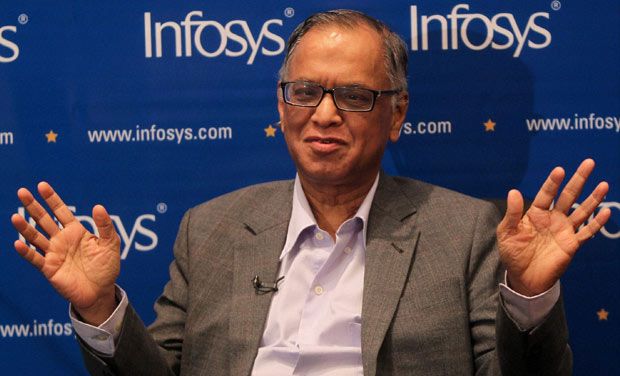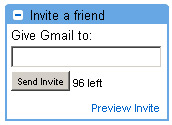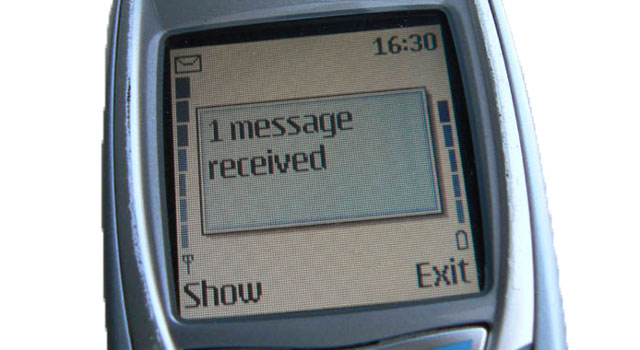Dear Mr. Murthy,
I know my apology is coming rather late when you compare my criticism, which was rather quick when you decided to come back to set things right in the company that you started with other friends.
Now, as promised you have, probably, selected someone with right credentials to lead the company. Hopefully, the company will gain its lost ground and march forward to become one of the greatest enterprises in the world.
You see I should have heard to my alter ego, my wife. She had more matured thoughts. She was forgiving and accommodating about your decision to come back in order to salvage the company you built. I still have difference of opinion but I think I have to become broadminded and become more empathetic.
Recently I was watching a clip from a Tamil movie on Facebook. The actor in the scene implored everyone to respect someone who speaks the right things though the person himself may not be setting the example by actions. The actor felt that the world needs good messages, it doesn't matter we act on it or not. And if we look at Infosys, it has a good track record of having good principles and keeping up with it.
Unfortunately, I became one of the men in the crowd who threw stones at Mary Magdalene instead of being a better person like Jesus of Nazareth.
I am sure you will forgive me for the harsh words and taunts considering I am one of the many Indians who felt let down by the blip in an otherwise cleaner record. After all, we admired you and your organization for what it has stood for.
Most importantly I have learnt that I should be more restrained in judging others and be open minded. After all, wouldn't I expect the same when I falter?
Cheers,
Ganesh
I know my apology is coming rather late when you compare my criticism, which was rather quick when you decided to come back to set things right in the company that you started with other friends.
Now, as promised you have, probably, selected someone with right credentials to lead the company. Hopefully, the company will gain its lost ground and march forward to become one of the greatest enterprises in the world.
You see I should have heard to my alter ego, my wife. She had more matured thoughts. She was forgiving and accommodating about your decision to come back in order to salvage the company you built. I still have difference of opinion but I think I have to become broadminded and become more empathetic.
Recently I was watching a clip from a Tamil movie on Facebook. The actor in the scene implored everyone to respect someone who speaks the right things though the person himself may not be setting the example by actions. The actor felt that the world needs good messages, it doesn't matter we act on it or not. And if we look at Infosys, it has a good track record of having good principles and keeping up with it.
Unfortunately, I became one of the men in the crowd who threw stones at Mary Magdalene instead of being a better person like Jesus of Nazareth.
I am sure you will forgive me for the harsh words and taunts considering I am one of the many Indians who felt let down by the blip in an otherwise cleaner record. After all, we admired you and your organization for what it has stood for.
Most importantly I have learnt that I should be more restrained in judging others and be open minded. After all, wouldn't I expect the same when I falter?
Cheers,
Ganesh






